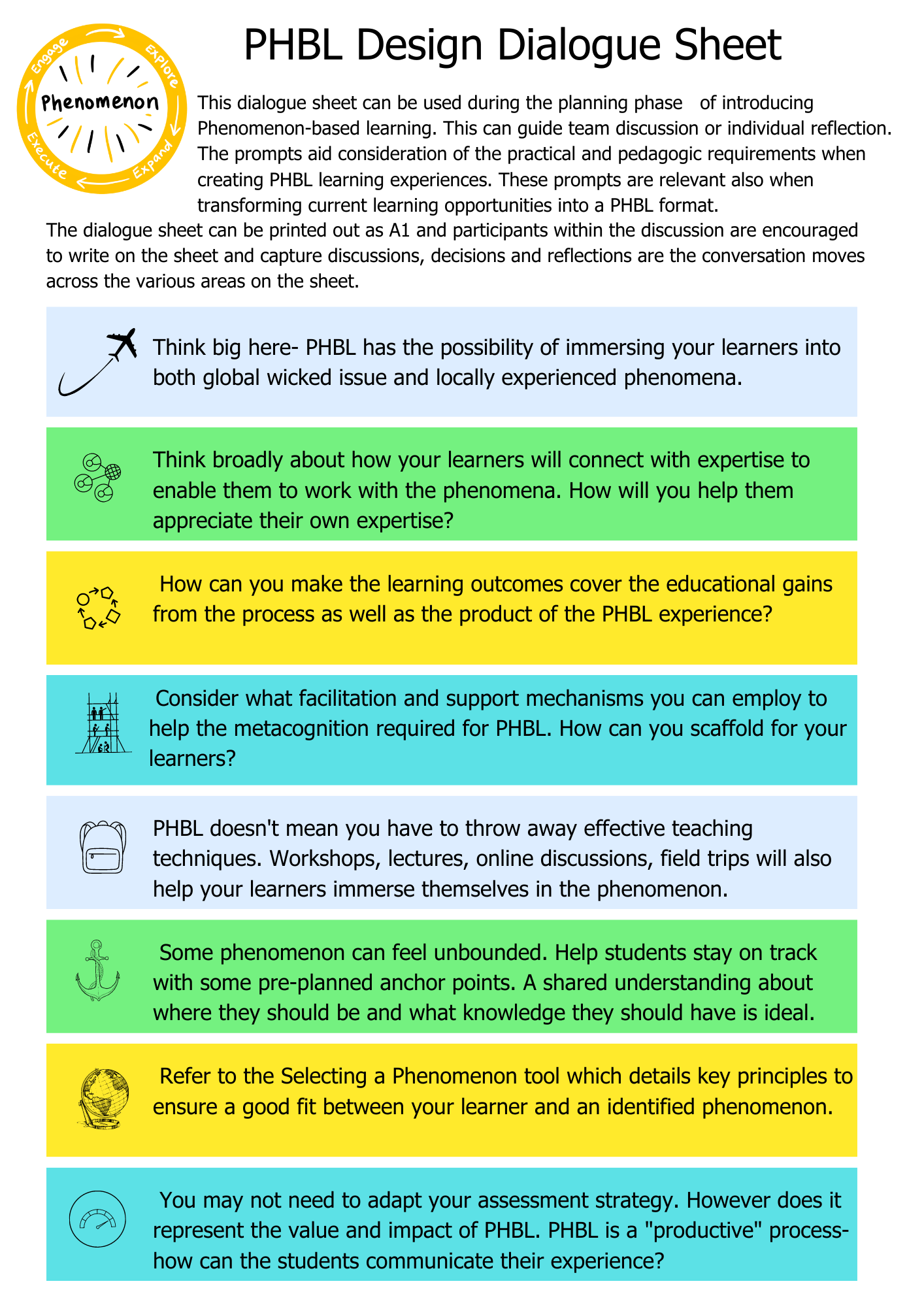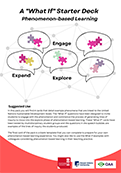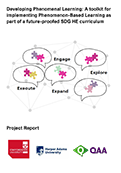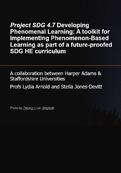
Phenomenon-based Learning: Key features and pedagogic connections
Publication date: 06 Sep 2023
This resource is part of the toolkit Developing Phenomenal Learning: A toolkit for implementing Phenomenon-Based Learning as part of a future-proofed SDG HE curriculum. This Collaborative Enhancement Project enabled collaboration between Staffordshire University and Harper Adams University, two providers with very different approaches, to test Phenomenon Based Learning within subjects and beyond, across programme areas at different academic levels.
| Author: | QAA |
|---|---|
| Format: | |
| Size: | 0.18 MB |
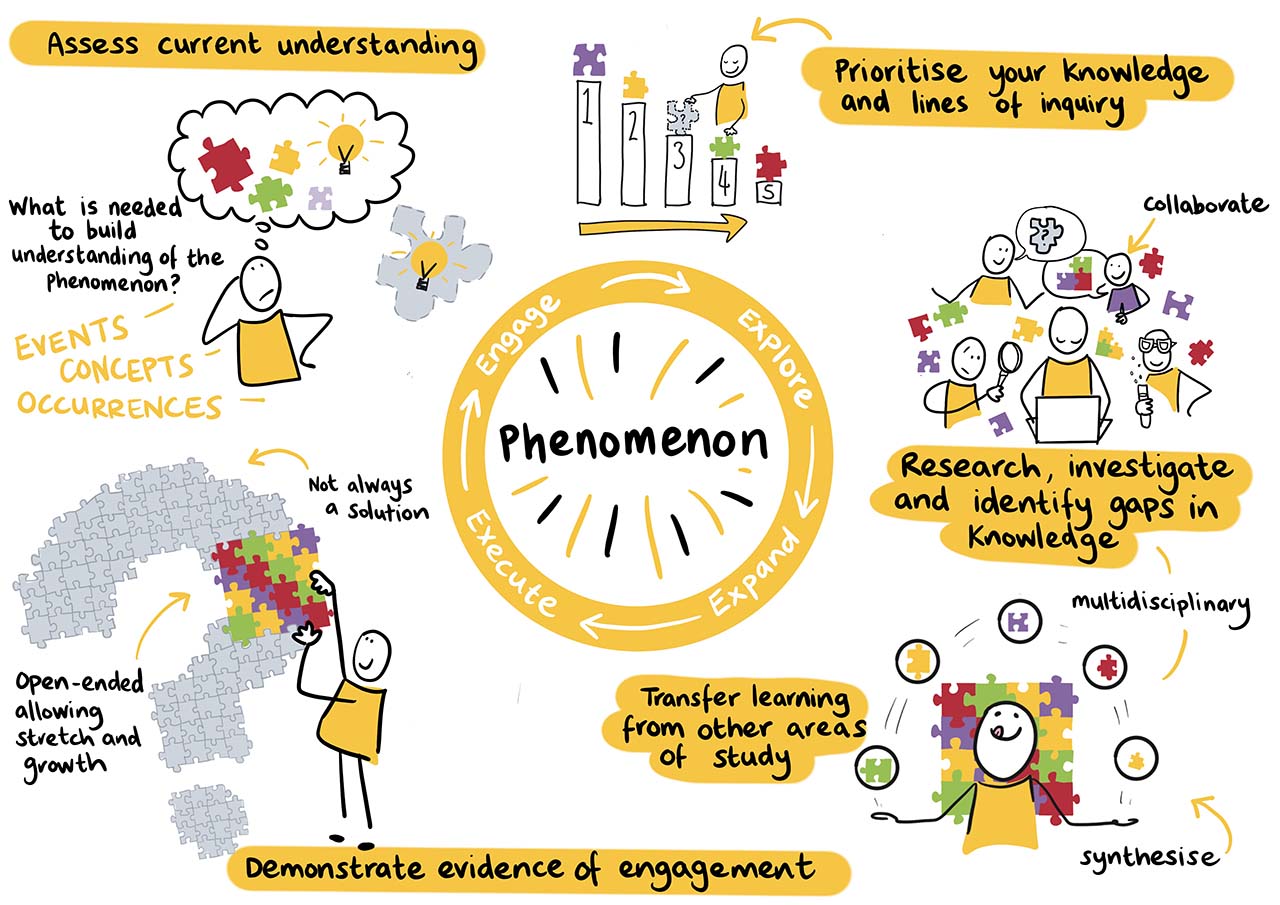

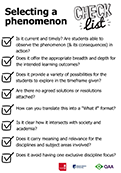
-(841-594-mm).png?sfvrsn=4c0caf81_2)
